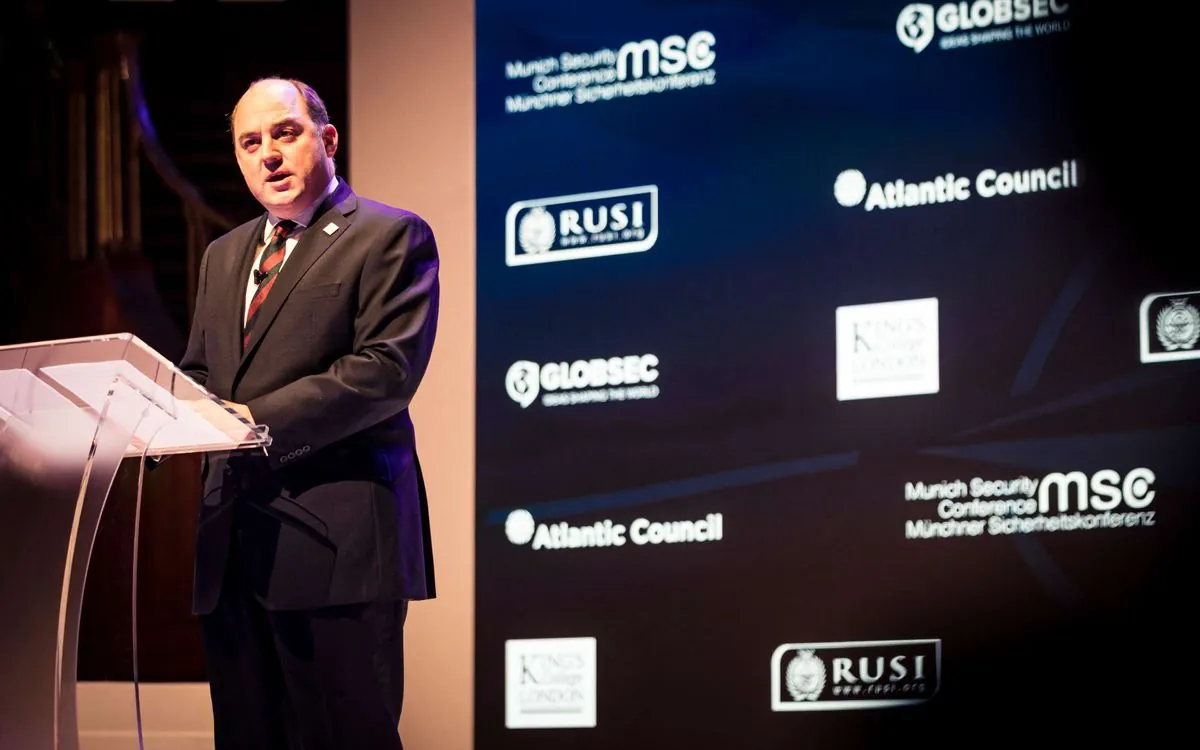Jens Stoltenberg, the outgoing NATO Secretary General, is poised to assume a new role as the chair of the Munich Security Conference, according to a source familiar with the matter. This transition marks a significant shift in leadership for both NATO and the annual defense forum.
The Munich Security Conference, often dubbed the "Davos for defense," is a crucial gathering for political and military leaders worldwide. Founded in 1963, this prestigious event takes place annually in February at the Hotel Bayerischer Hof in Munich, Germany. The conference has evolved from its initial focus on NATO members to encompass a broader range of global security issues, publishing an annual report on these topics.
Stoltenberg, a Norwegian politician and economist who served as Prime Minister of Norway from 2000 to 2001 and from 2005 to 2013, is set to conclude his tenure as NATO Secretary General in October 2024. His leadership at NATO, which began in 2014, has spanned a decade of significant global challenges.
In June 2024, Mark Rutte, the longest-serving prime minister in Dutch history, was announced as Stoltenberg's successor at NATO. This change in NATO leadership coincides with Stoltenberg's new appointment at the Munich Security Conference.
The conference, which has been referred to as "Westlessness" in recent years, provides a platform for heads of state, diplomats, military officials, and security experts to discuss pressing global issues. It often features side events and bilateral meetings between world leaders, making it a crucial forum for international diplomacy and security discussions.
Stoltenberg will be taking over from Christoph Heusgen, a former German diplomat who served as Germany's Permanent Representative to the United Nations from 2017 to 2021. This change in leadership is expected to bring fresh perspectives to the conference, which has been a cornerstone of international security discussions for over six decades.
As NATO approaches its 75th anniversary since its founding in 1949 with 12 original members, this transition in leadership at both NATO and the Munich Security Conference reflects the evolving landscape of global security challenges and the importance of fostering dialogue among world leaders.
